#Biden
Opinion: Politicians Are Lying About Biden's EPA Rule
The Biden Administration dropped a new rule limiting tailpipe emissions from passenger vehicles yesterday, and you know what that means.
Yes, it's lying season!
Fact Check: Did President Biden Help Bring An Auto Plant Back?
During last week's State of the Union address, President Joe Biden made a claim that seemed to suggest that his administration, along with the UAW, helped Stellantis resurrect a plant in Belvidere, Illinois. Did it actually happen that way?
The answer is unclear.
UAW Predictably Endorses Biden for President
Despite trying to stay away from politicians during last year’s labor strike, United Auto Workers’ leadership endorsed Joe Biden for president on Wednesday. This comes after union-head Shawn Fain said UAW dealings with domestic automakers would not be undermined by those seeking to garner political support. Now, Fain is backing Biden on claims that his administration supports the American workforce.
Report: Dealers Worried About Getting EV Refunds From the Government
Nobody likes bureaucratic red tape or waiting on payment and this seems to have become a sticking point for retailers nervously waiting to see how the United States’ updated EV tax credit scheme plays out.
According to a report from Automotive News, dealers are getting worked up about the prospect of not receiving money swiftly enough — mimicking some of the hardships endured during the Cash-for-Clunkers period.
GM Says Updated U.S. Emissions Rules Will Cost Auto Industry Billions in Fines
The National Highway Traffic Safety Administration (NHTSA) will soon release its proposal to increase Corporate Average Fuel Efficiency (CAFE) requirements and General Motors has signaled its concerns regarding how much more money it will cost the automotive industry. GM is estimating that the new rules could result in manufacturers paying $100-300 billion in emission fines between 2027 and 2031.
However, the Biden administration has reportedly said it’s highly dependent on which plan is implemented — suggesting industry penalties would vary heavily between companies and average out to be far lower than GM has claimed.
UAW Seeking Friends in Washington DC, Threatens to Withhold Biden Support
UAW leadership headed to Washington last week to drum up support from politicians as it engages in contract negotiations with Detroit-based automakers. While this has often been the status quo for the union, UAW President Shawn Fain has suggested the government would help ensure a fair deal with the automotive industry.
While union leadership has opted to meet with the usual roster of Democrats, it has said it would withhold support of Joe Biden’s reelection campaign if it didn’t think the White House would be offering the kind of help it needs.
Biden Admin Set to Propose Tougher Emission Rules, Boost EV Sales
Word on the street is that the Biden administration is about to propose some of the toughest emission rules the United States has ever seen in a bid to spur electric vehicle adoption. As things currently stand, the U.S. is assumed to be the very last developed nation to fully embrace EVs. But the White House seems to think the premise can be combated via a stringent regulatory framework.
Of course, the government and supportive media outlets are trying to drive home the point that these are not the same as the vehicle mandates being pushed in other countries (and some states like California) that would legally require people to buy electric in the coming years — even if the end result is functionally the same.
White House: Tesla to Open Charging Network Under Federal Program
On Wednesday, the Biden administration announced that Tesla will begin opening up portions of its proprietary charging network to all electric vehicles by the end of 2024. While the move could undermine one of the most desirable aspects of owning a Tesla, by forcing owners to share what’s likely to be the largest and most reliable charging network in the country, the EV purveyor isn’t coming away empty-handed. The arrangement comes under a new $7.5-billion federal program to electrify the nation's highways stemming from the $1-trillion infrastructure package signed in 2021.
Gas War: Biden Admin Lifting Oil Sanctions On Venezuela
The United States is rethinking its relationship with oil producers in Venezuela and lifting sanctions. On Saturday, The Treasury Department said it would allow Chevron to produce and export oil from the region if the country agreed to restart diplomatic talks with opposition groups. The theory that U.S. leadership wants to see more oil produced to help drive down prices appears valid. But the resulting action still seems at odds with the Biden administration’s lofty environmental goals and is unlikely to move the needle on fuel pricing anytime soon.
Japan Issues Warning, Asks U.S. for Flexible EV Tax Credit Scheme
Over the weekend, the Japanese government issued a formal complaint suggesting that the United States’ updated tax credit scheme for electric vehicles could prohibit future investments from the Land of the Rising Sun. Complaints were reportedly directed to the Treasury Department and revolved around the Biden administration’s Inflation Reduction Act and how it seemed at odds with previous efforts to build trade between America and Japan. But things are always a bit more complicated than that and we cannot overstate the relevance of Japanese auto lobbying groups that want the most favorable regulatory terms they can negotiate.
OPEC, Russia Align on Oil Production Cut
Saudi Arabia and Russia have agreed to cut oil production in a bid to drive prices higher.
U.S. Postal Service Now Doubling EV Orders
Under sustained pressure from the White House to embrace all-electric vehicles, the United States Postal Service (USPS) has reportedly opted to more-than double its initial order of EVs. Considering the agency's previous concerns that electric vehicles might not be well suited to rural communities and would be too expensive to field en masse, this is an unexpected turn of events.
Fuel Prices Are Allegedly Cooling Off
With the last several months delivering record-breaking fuel prices, as society endures what has undoubtedly been the largest spike in energy cost and inflation since the 1970s, everyone has been hoping to catch a break this summer. Some have even gotten theirs. While things are still looking exceptionally bleak in the long term, the United States appears to be enjoying a modest reprieve.
White House May Propose Gas Tax Holiday [Updated]
National fuel prices are currently averaging right around $5.00 per gallon in the United States. However, there are plenty of states with stations listing gasoline well above $6.00 per gallon with diesel being driven even higher. This has started to wreak havoc on the trucking industry, which is now seeing companies pausing shipments to renegotiate contracts, and infuriated consumers who remember a gallon of gas being $2.17 during the summer of 2020.
Earlier this year, Congress and the White House suggested suspending the federal fuel tax to alleviate the financial burden. But the notion was walked back, as prices were relatively low at the time (roughly $3.50 per gallon) and criticisms swelled that this simply exchanged one problem for another. Four months later and things are looking rather desperate, with the Biden administration revisiting the premise of pausing fuel tax to help soften the blow of record-breaking prices at the pump.
Report: Hyundai to Announce Georgia EV Plant
Reports indicate that Hyundai will announce plans for an EV assembly plant in Georgia during President Joe Biden’s visit to South Korea.



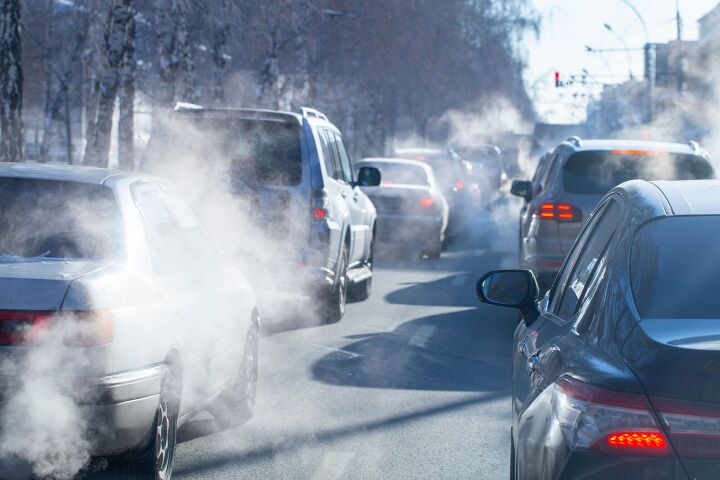
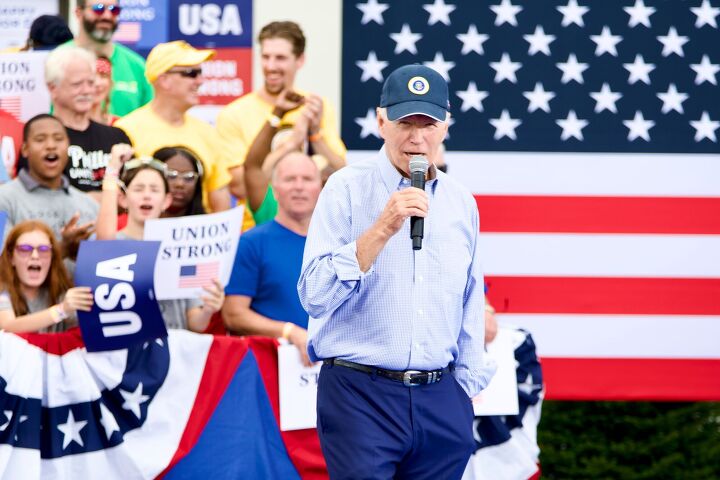
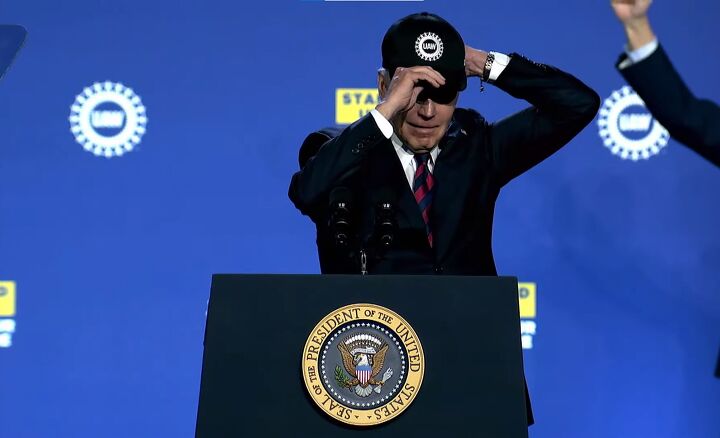




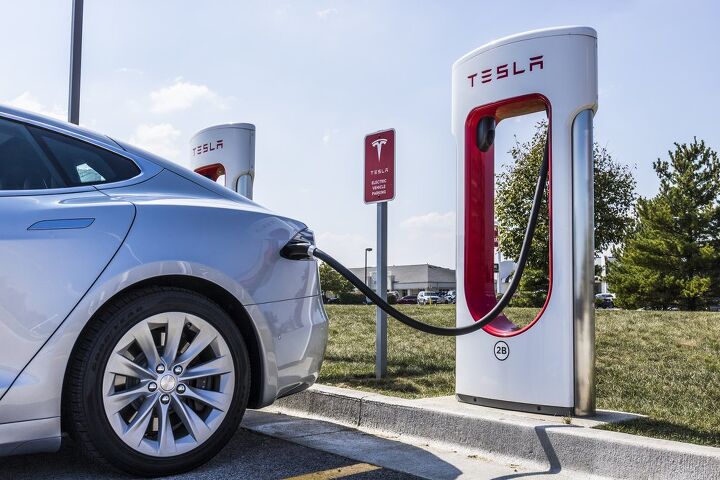



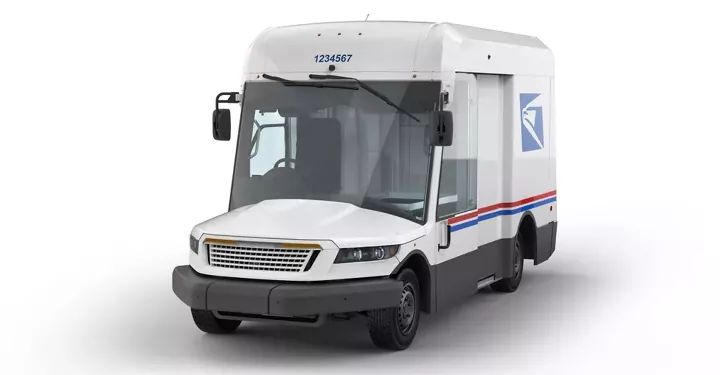
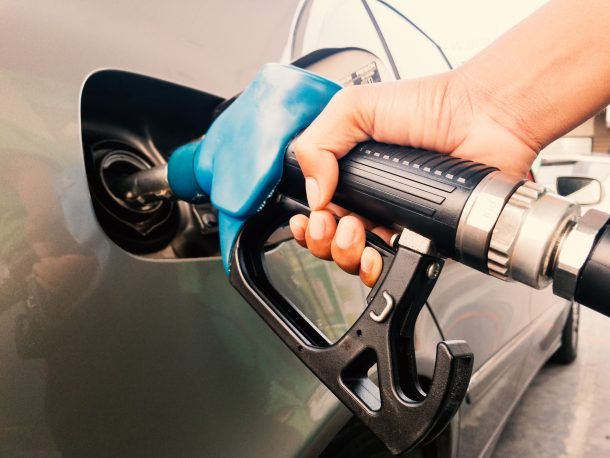
![White House May Propose Gas Tax Holiday [Updated]](https://cdn-fastly.thetruthaboutcars.com/media/2022/07/10/8870350/white-house-may-propose-gas-tax-holiday-updated.jpg?size=720x845&nocrop=1)













Recent Comments